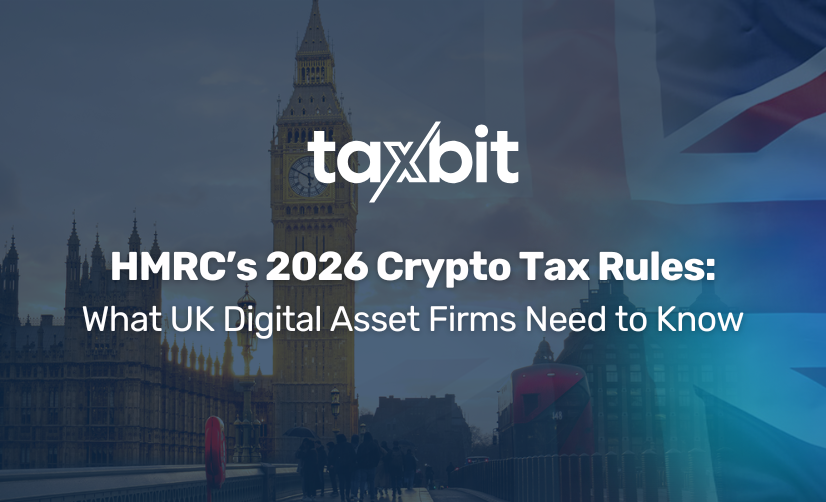HMRC Sets 2026 Implementation Date for Crypto Reporting Rules
The UK’s tax authority, HMRC, has published draft regulations that align with the OECD’s Crypto-Asset Reporting Framework (CARF), marking a pivotal step toward standardized global tax compliance in the digital asset ecosystem.
Starting in January 2026, Crypto-Asset Service Providers (CASPs) operating in the UK will be subject to new due diligence and reporting obligations, on local UK accounts, as well as all other reportable jurisdictions under CARF, which now includes over 70 jurisdictions. These developments reinforce the UK’s commitment to regulatory clarity and signal a significant shift for firms offering crypto services in the region.
What’s in the Draft Regulations?
- Due Diligence Requirements: Using a CARF Self-Certification Form, CASPs must collect, verify, and monitor customer information, including names, addresses, date of birth, countries of tax residence and the corresponding tax identification numbers.
- Transaction Reporting: Crypto transactions must be reported annually, including exchanges, transfers, and wallet activity.
- New FCA Authorization: Additional oversight will apply, requiring CASPs to secure authorization under the Financial Conduct Authority (FCA).
- Penalties: Late, missing, or inaccurate reports will incur penalties, highlighting the importance of a robust compliance infrastructure.
Why It Matters
Time is of the essence to put systems and processes in place for the upcoming deadlines.
- Due Diligence Deadline: January 1, 2026 for CARF Self-Certifications
- First Reporting Deadline: May 31, 2027, for the 2026 reporting period.
This regulatory shift aligns the UK with CARF and the Common Reporting Standard (CRS), further integrating crypto into the global tax reporting architecture. With similar mandates underway in the EU, U.S., and other jurisdictions, proactive compliance has never been more critical.
How Taxbit Can Help
As HMRC moves to implement the CARF by January 2026, digital asset firms face a new level of operational complexity. These rules require CASPs to collect, validate, and report tax-relevant customer and transaction data, across both UK-based and international accounts, with strict accuracy and timeliness standards.
The Taxbit Platform is built to address these regulatory requirements.
We help firms meet CARF’s due diligence and reporting requirements with:
- Frictionless CARF Self-Certification: Streamline user onboarding via automated Self-Certification
- Secure, Adaptive Data Management: Enterprise-grade encryption protects sensitive user information, while tax experts ensure you’re always compliant through automatic updates as regulations evolve.
- End-to-End Reporting: Seamlessly manage filing through a single, secure platform, eliminating manual effort and compliance gaps
If you operate in or plan to enter the UK market, now is the time to prepare. To learn more about how Taxbit helps organizations stay ahead of regulatory change, contact our team today.
.png)


